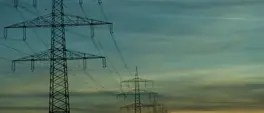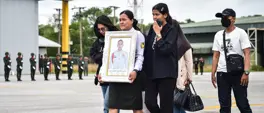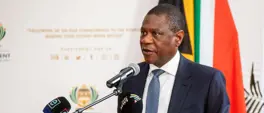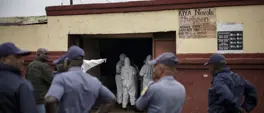ANALYSIS: GNU Cabinet lekgotla ‘not a forum for argument, but to address SA’s challenges’
Vukile Dlwati
11 July 2024 | 12:14Political analyst Dr Levy Ndou says the Government of National Unity is an opportunity for parties formerly in the opposition to get a taste of governance.
JOHANNESBURG – As South Africa’s new Government of National Unity (GNU) Cabinet lekgotla looms large, there have been talks about cooperation and compromise from all the political parties in the formation.
The GNU came about after the African National Congress (ANC) lost power at the recent general elections for the first time in 30 years – paving the way for talks about bed-sharing due to their failure to clinch a majority in the National Assembly.
Some say political parties’ policy differences will be at the heart of the two-day Cabinet forum.
But political analyst Dr Levy Ndou differs, saying the backbone of the lekgotla is addressing South Africa’s challenges.
ALSO READ:
CHALLENGES AND RESOLUTIONS
“There is a view that seeks to suggest that the lekgotla might be a very difficult forum, because parties will be coming together for the first time.
“In Cabinet, it's not a forum for argument. It's a forum to lay down what is supposed to be done. It's a forum to identify challenges, and then talk to how you should address such challenges.”
President Cyril Ramaphosa announced his 75-member multi-party Cabinet – the largest since the dawn of democracy - almost two weeks after deliberations and political wrangling over positions.
The 11 parties in the ANC-led GNU include the Democratic Alliance (DA), Patriotic Alliance (PA), Inkatha Freedom Party (IFP), GOOD Party, Pan Africanist Congress of Azania (PAC), Freedom Front Plus (FF Plus), United Democratic Movement (UDM), Al Jama-ah, Rise Mzansi, and the United Africans Transformation (UAT).
They are all signatories of the GNU statement of intent that espouses the principles and policy directions of the entity.
The DA, IFP, FF Plus, PA, GOOD and PAC are among parties with posts in the national executive, but no single party is in control of an entire portfolio.
UNDERSTANDING ROLES
Meanwhile, political analyst Professor Susan Booysen cited some looming challenges ahead of the Cabinet lekgotla.
She said parties will have to address “new policy deals [and] compromises that really give effect to the positions of all the parties in the Government of National Unity.”
“And that can be very difficult, because it is such an anomaly. The configuration of this Government of National Unity has got many contradictions in terms of the positions of the different parties.”
She further added that parties in the GNU needed to understand their roles.
“I think it's very important that the parties come to accept and show acceptance that this is a new entity they're acting for, and that this government is not simply a continuation of the previous one, but that they are new positions that are required.”
Much of the old government programme will remain in place, Booysen pointed out.
“But where there is a need for change, it must be very clear that the old orders, instructions, policies are not guaranteed to be put in place again, where there have been deficits, where the poor policies have been falling short,” she explained.
About the GNU, said Ndou: “It is also going to be an opportunity for those that are coming from the oppositions to understand the complexities of governance. Because when you are in opposition, you think things are very easy.”
At the lekgotla, political parties are expected to bring their manifestos for discussion and analysis, to collate their ideas and form a single policy document to govern as the GNU.
After the forum, President Cyril Ramaphosa will communicate to the nation a pathway for the year ahead, while Cabinet ministers will have to lay bare their own respective programmes of action for the seventh administration.
This will see ministers assessing the feasibility of their plans, and whether they can be achieved in the long term of short term, considering the budget from National Treasury.
“All of them must, therefore, agree that minister so and so should focus on such challenges in the different departments, and whatever they agree on at the lekgotla would advise the president on what to say in the State of the Nation Address,” said Ndou.
Ramaphosa is expected to announce the adoption of the programme of action at the opening of Parliament on 18 July.
Get the whole picture 💡
Take a look at the topic timeline for all related articles.
Trending News
More in Politics

20 December 2025 06:26
SADTU sounds alarm: Rising student violence driving teachers out of the profession
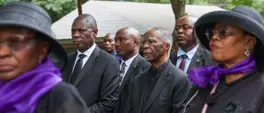
20 December 2025 06:07
‘South Africa is in serious problems’: Thabo Mbeki pays tribute to late advisor Titus Mafolo
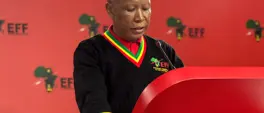
19 December 2025 15:16
EFF condemns US sanctions on ICC judges as a brazen attack on global justice
